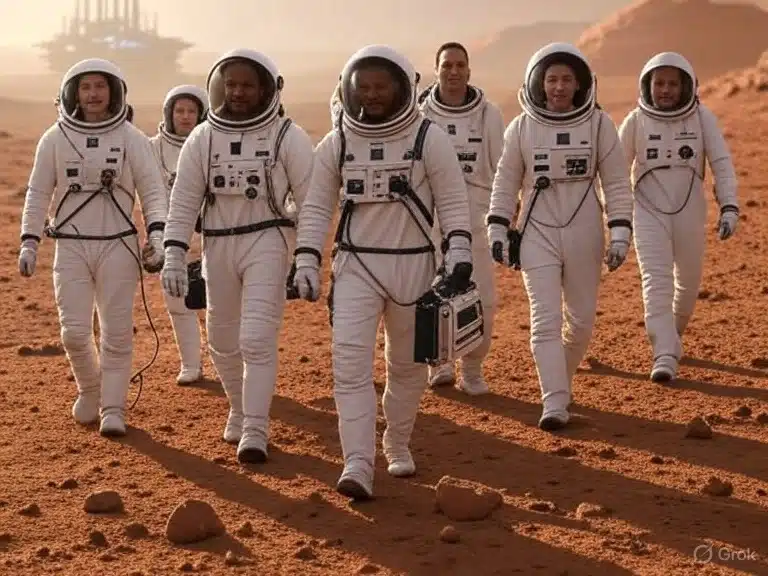Gravity — the invisible force keeping our feet on the ground and planets in orbit — is one of the universe’s most fundamental laws. But imagine if humans discovered a way to control gravity, flipping it on and off at will, like a light switch. This mind-bending possibility could reshape physics, transportation, warfare, and even daily life. In this article, we’ll explore the thrilling yet dangerous implications of switching gravity on and off.
Understanding Gravity’s Role in Our Universe
Gravity governs how objects interact on Earth and across space. It:
- Holds our atmosphere in place.
- Keeps oceans from drifting into space.
- Controls orbits of planets, moons, and stars.
- Shapes galaxies and cosmic structures.
Without gravity, the universe as we know it wouldn’t exist. Turning it off — even briefly — would trigger chaos. But what if we could toggle it selectively?
Everyday Life with a Gravity Switch
If gravity could be disabled locally, our lives would change dramatically. Imagine:
- Household chores: No more ladders — just float up to change a bulb.
- Construction: Lifting heavy beams would be effortless.
- Transport: Cars, trains, and planes could hover, drastically reducing fuel use.
However, flipping gravity off inside a home could be dangerous. Furniture, people, and pets might drift uncontrollably, smashing into ceilings or walls.

The Science Behind Gravity Manipulation
Currently, gravity is the least understood of the four fundamental forces. Einstein’s general relativity explains it as the warping of spacetime by mass. To control gravity, humans would need to:
- Manipulate spacetime itself.
- Harness exotic matter with negative energy.
- Develop quantum gravity technologies.
This level of control remains far beyond current science, but theories in advanced physics hint at its remote possibility.
The Dark Side: Risks of Gravity Control
Like any revolutionary technology, a gravity switch would come with devastating risks:
- Weaponization: Armies could disable gravity in enemy bases, causing soldiers and equipment to float helplessly. Cities could be destroyed by dropping buildings into orbit.
- Atmospheric Loss: If gravity were turned off too broadly, Earth’s atmosphere would drift into space, suffocating all life.
- Health Hazards: Long-term low-gravity exposure weakens bones and muscles, leading to severe health crises.
- Unstable Environments: Flickering gravity fields could create violent shifts in air pressure and tides.
The line between convenience and catastrophe would be razor-thin.
Global Economy and Travel Revolution
On the positive side, controlled gravity could trigger a new industrial age.
- Shipping & logistics: Cargo ships could float without fuel, cutting costs.
- Space travel: Rockets wouldn’t need massive thrust to escape Earth — gravity could simply be turned off temporarily.
- Energy savings: Factories could reduce reliance on heavy machinery by floating raw materials.
But the economic divide would widen. Nations controlling gravity-switch technology would dominate the world order.

Philosophical and Ethical Questions
Gravity is universal and impartial — every living being experiences it equally. But if it became controllable:
- Who decides when and where gravity applies?
- Would it become a privilege of the wealthy, leaving the poor grounded while others float to luxury?
- Could switching it off alter how we perceive life itself, reshaping concepts of freedom and physical limits?
These questions highlight that tampering with fundamental forces isn’t just a scientific leap — it’s a moral dilemma.
Final Thoughts: A Universe Without Limits?
If humanity ever develops the ability to turn gravity on and off, we would gain power rivaling the gods of mythology. Cities could float in the sky, space colonization could accelerate, and transportation would be revolutionized. Yet the same switch could also trigger planetary disasters, from collapsing infrastructures to the loss of Earth’s atmosphere.
Gravity control remains a fantasy for now, but it serves as a reminder: sometimes, the very forces we take for granted are the ones holding the fragile fabric of life together.

